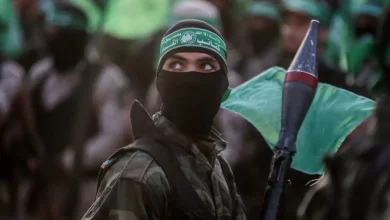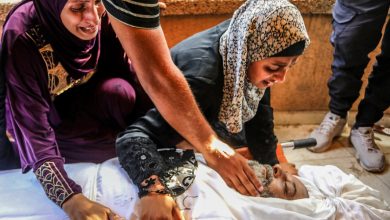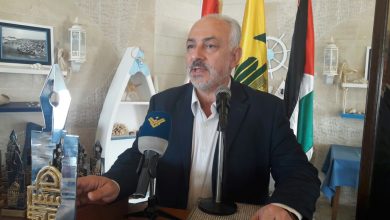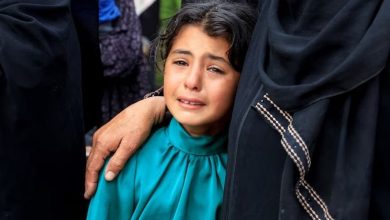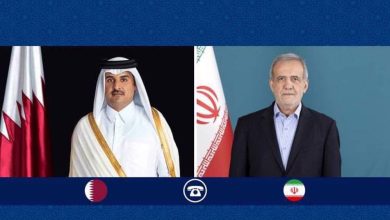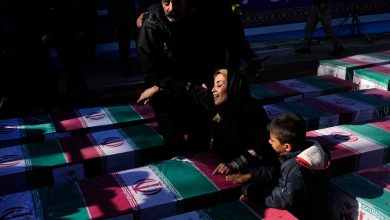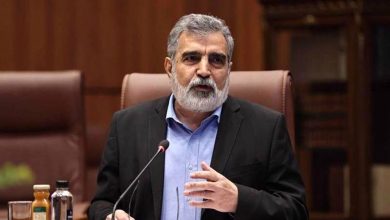Araghchi: Decision-Making for West Asia Not in Hands of External Think Tanks
Iran's Foreign Minister has condemned the global community for its silence on what he describes as Israel's genocidal conflict against Palestinians in Gaza. He emphasized that the ongoing crisis in the beleaguered territory highlights the need for the region's destiny to be determined independently, rather than being subject to the decisions of external powers.
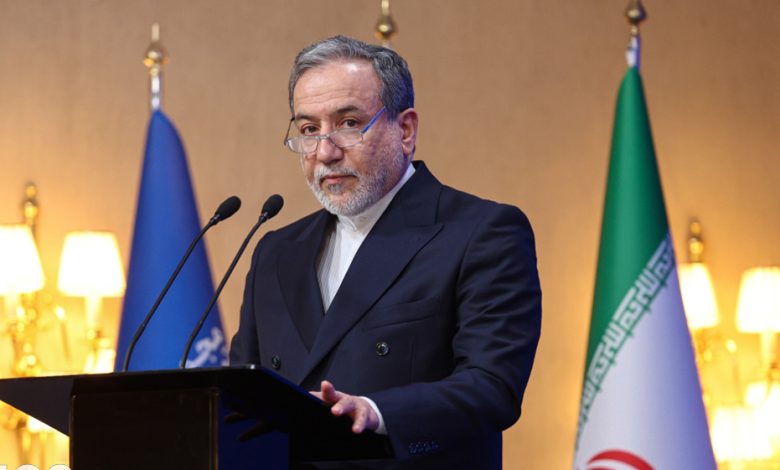
Abbas Araghchi issued a statement during the annual Tehran Dialogue Forum in Iran’s capital on Sunday, highlighting the Israeli regime’s actions resulting in the deaths of tens of thousands of Gazans and the displacement of millions under intense siege conditions since October 2023.
In a statement underscoring global accountability, Araghchi expressed deep disappointment over the international community’s insufficient response to a significant crime. He criticized the silence and lack of action from nations that position themselves as guardians of ‘human conscience’ and highlighted the failure of global institutions in addressing the catastrophe. This, he emphasized, should serve as a stark alert to the world.
“For the first time in decades, an unprecedented opportunity has emerged for regional developments to be steered by the countries within the region themselves, rather than by external influences,” he stated.
Nations have the potential to forge a new direction towards development, peace, and collaboration by reasserting their right to self-determination and crafting a future guided by their collective aspirations. This envisioned future is one that emanates from regional capitals, driven by local necessities, values, and circumstances, rather than being shaped by external think tanks.
The senior Iranian diplomat emphasized that achieving peace and security in the West Asian region necessitates a “frank, thorough, and comprehensive” examination of the Palestinian issue.
Araghchi stated that the Palestinian issue remains the most crucial and pressing topic on the regional agenda, noting that for more than 70 years, Palestine has endured occupation, oppression, and injustice.
The Israeli government is described as a persistent risk to regional peace and stability, with allegations encompassing occupation, apartheid, genocide, and the possession of weapons of mass destruction.
The leader of Iran’s diplomatic efforts emphasized the importance of conducting a national referendum involving all Palestinians to address and potentially conclude Israel’s longstanding occupation.
Araghchi has put forward a proposition aimed at addressing the Palestine issue through peaceful means, suggesting the conduct of a national referendum. The proposal entails the involvement of all original residents of the Palestinian territories, encompassing Muslims, Christians, and Jews, to determine the future political system of the region.
A resolution characterized by democratic inclusivity, taking inspiration from the triumph over apartheid in South Africa, has the potential to end decades of occupation, discrimination, and injustice. Such an approach could facilitate the return of refugees and lead to the establishment of a unified, inclusive state throughout historical Palestine.
Since October 2023, Israel’s military operations have resulted in the deaths of over 53,270 Palestinians, with more than 120,670 others reported injured.
Thousands of individuals are reportedly trapped beneath debris, unable to reach emergency response and civil defense teams as a result of Israel’s ongoing assaults.
Iran, guided by its religious and ethical principles, asserts it is not pursuing the development of nuclear weapons.
In other parts of his statement, Araghchi addressed the indirect discussions between Iran and the United States concerning the Islamic Republic’s peaceful nuclear initiative, emphasizing that Tehran has consistently refrained from pursuing nuclear weapons in line with its religious and ethical values.
He stated that in addition to regional concerns, a significant aspect of Iran’s present foreign policy is addressing its peaceful nuclear program and the harsh unilateral sanctions imposed on the Iranian nation by the United States.
Iran, adhering to its commitments under the Non-Proliferation Treaty (NPT), has reiterated its stance of neither pursuing nor possessing nuclear arms, citing its religious and ethical values. The nation maintains its policy against the production and deployment of weapons of mass destruction.
Araghchi emphasized that the Islamic Republic has consistently sought to address legitimate international concerns regarding its nuclear program through engagement and transparency.
Iran has conducted four rounds of indirect negotiations with the United States concerning its nuclear program, characterized by both parties as constructive. These discussions, facilitated by Oman, aim to address the peaceful nature of Iran’s nuclear activities.
The Tehran Dialogue Forum is taking place over two days at the Institute for Political and International Studies, a division of the Iranian Foreign Ministry.
The gathering has brought together 200 delegations, featuring high-ranking officials from 53 countries. Among the attendees are ministers and key decision-makers from the Persian Gulf region, as well as representatives from the United Nations.

